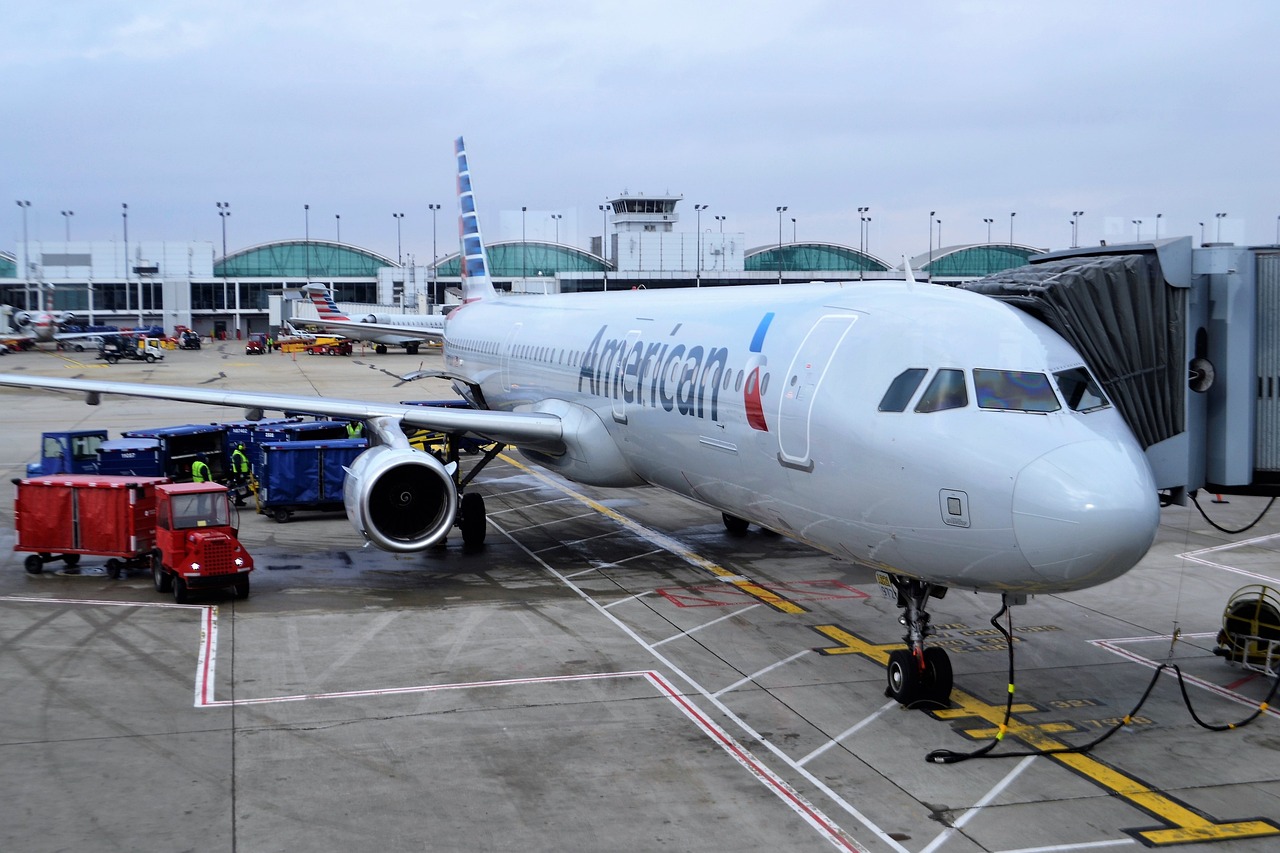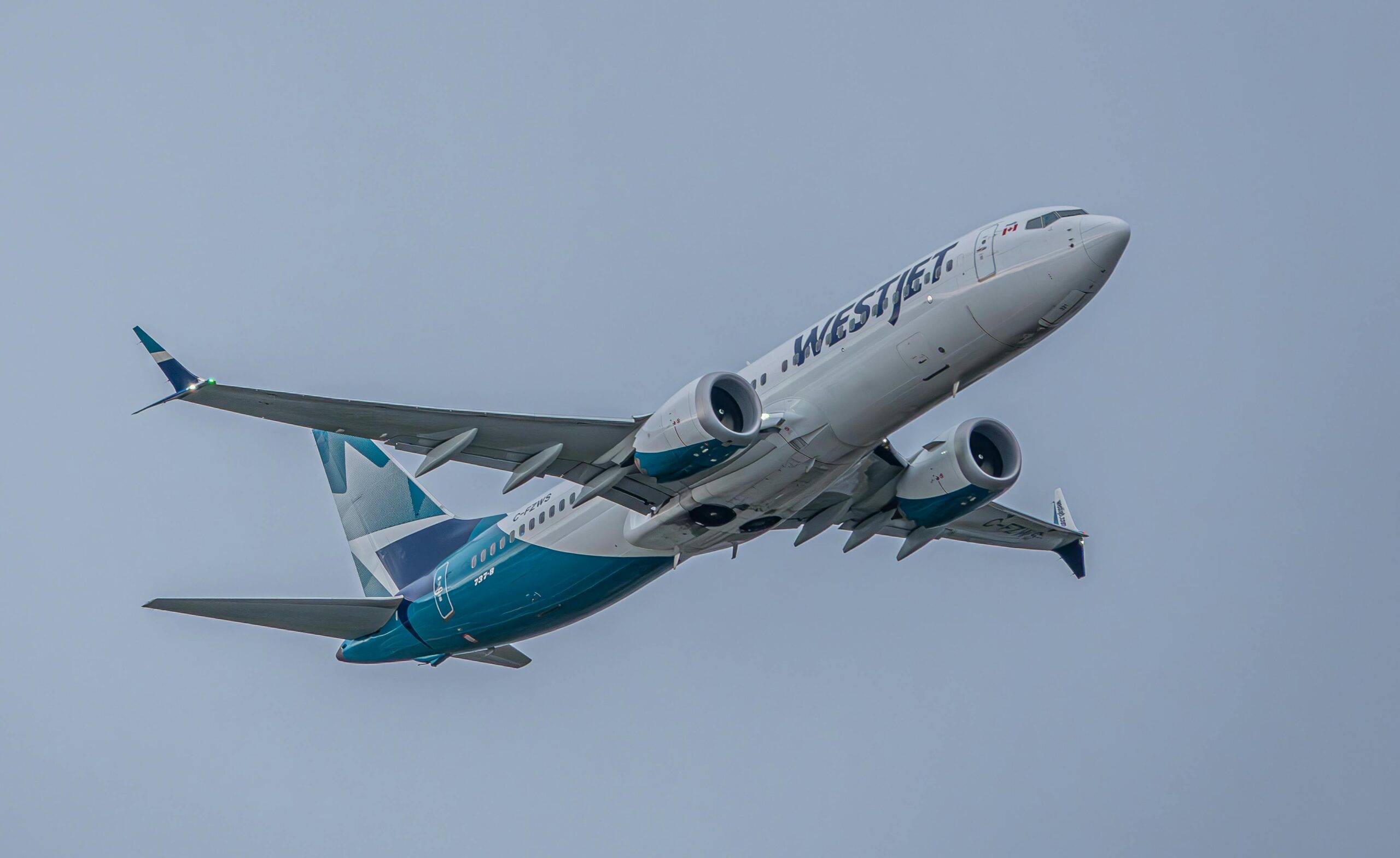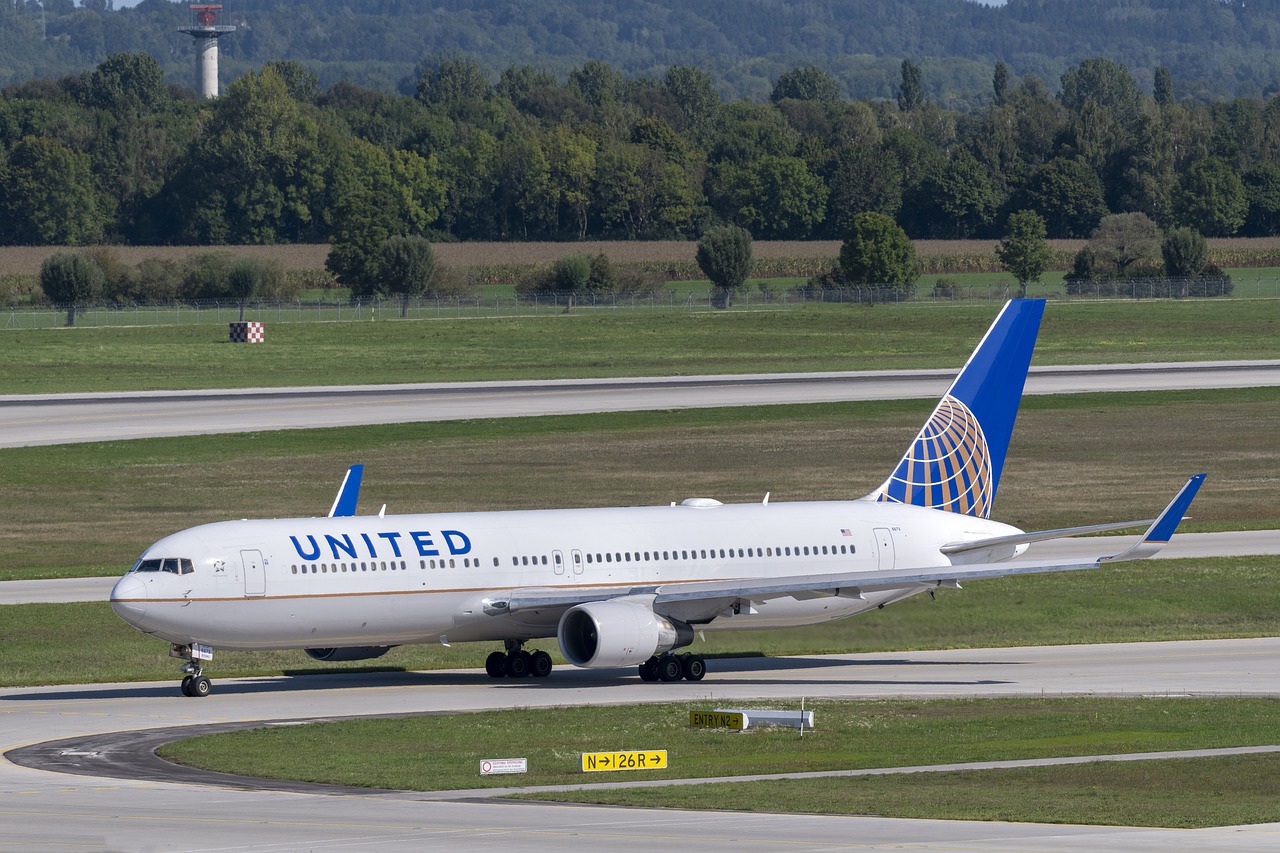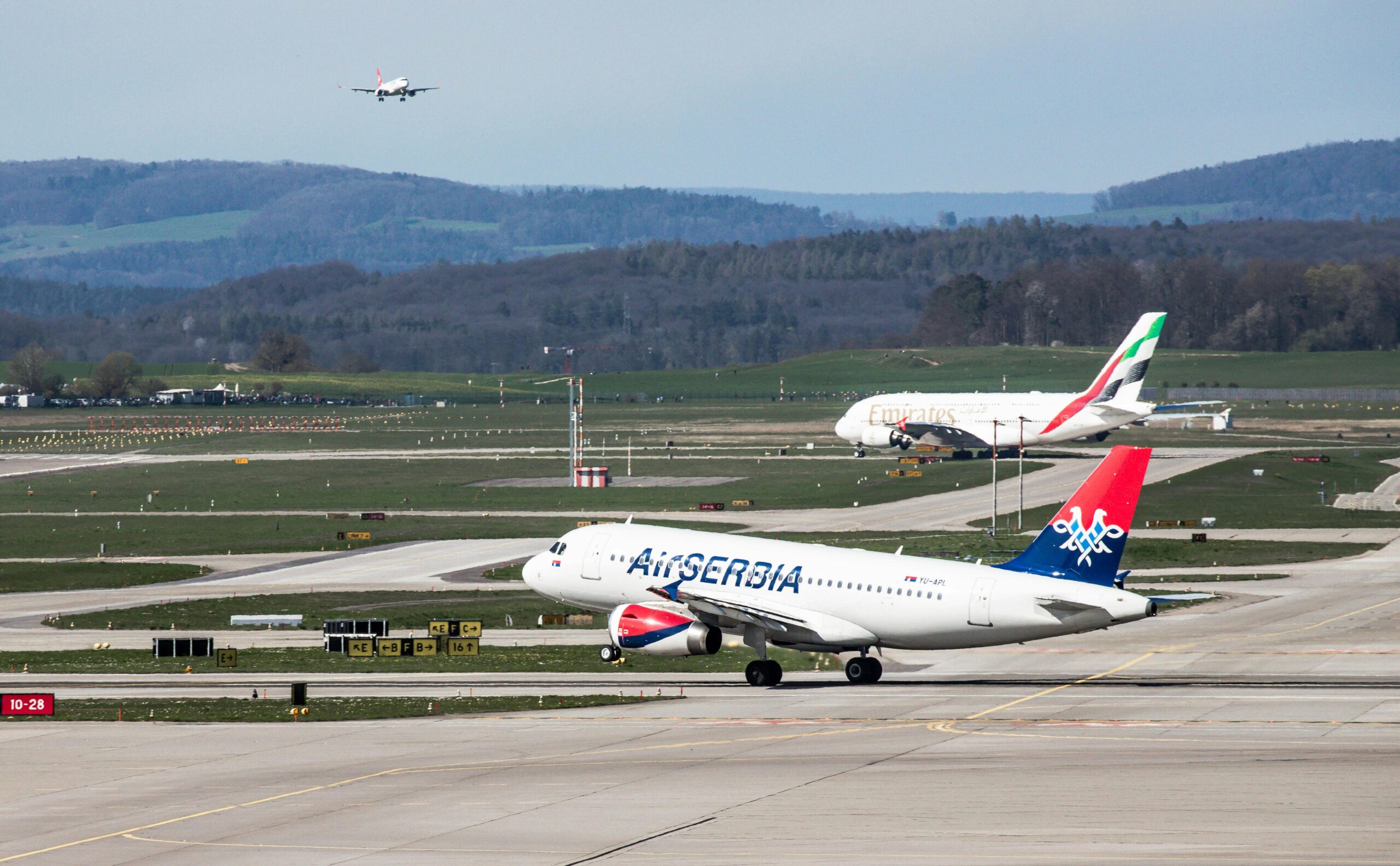American Airlines is at the forefront of aviation sustainability with its groundbreaking approach to carbon offsets and removal technologies. The airline is spearheading efforts to address residual emissions and set new standards in the industry.
American Airlines and Carbon Offsets
The aviation sector faces substantial challenges in reducing its carbon footprint, largely due to slow advancements in decarbonization technologies. To meet the Paris Agreement goals, including achieving net zero by 2050, the industry must leverage voluntary carbon markets. These markets are crucial for providing carbon offsets and removals, vital for minimizing aviation’s environmental impact amid current technology limitations.
Why Carbon Offsets Matter in Aviation
Aviation remains one of the hardest sectors to decarbonize due to its reliance on fossil fuels and the slow progress in developing scalable alternative fuels. While sustainable aviation fuel (SAF) and electric aircraft are promising, they are not yet cost-effective or scalable enough. Hence, carbon offsets and removals are essential to neutralize the sector’s residual emissions.
American Airlines’ Innovative Carbon Removal Efforts
American Airlines is making significant strides in reducing emissions and contributing to the voluntary carbon market. The airline’s notable partnership with Graphyte, a carbon removal startup, exemplifies its commitment. Graphyte’s Carbon Casting process removes CO2 from the atmosphere by converting biomass into stable carbon blocks stored underground. This method is both energy-efficient and cost-effective, representing a promising solution for large-scale carbon removal.
Graphyte Partnership and Achievements
In early 2024, Graphyte opened the world’s largest carbon removal facility in Arkansas. American Airlines became its first customer, securing 10,000 tons of permanent carbon removal to be delivered in 2025. This move underscores American’s dedication to accelerating low-cost, permanent CO2 removal solutions crucial for reaching net-zero in challenging sectors like aviation.
Challenges in the Voluntary Carbon Markets
Despite progress, voluntary carbon markets face challenges such as a limited supply of high-quality offsets and ensuring projects deliver permanent CO2 reductions. Some projects are susceptible to natural events like wildfires, which can release stored carbon back into the atmosphere. Additionally, the high cost of technologies like direct air capture poses further obstacles.
Supporting Carbon Markets through Policy and Finance
To scale voluntary carbon markets, collaboration between governments, businesses, and market participants is essential. Establishing clear standards and verification processes will enhance market integrity. Public policies that incentivize participation and innovative financing models, such as public-private partnerships and green bonds, are also crucial for success.
American Airlines and CORSIA
The Carbon Offsetting and Reduction Scheme for International Aviation (CORSIA) aims to control emissions from international flights. Although American Airlines did not face offsetting obligations in 2023, it is preparing for future compliance by purchasing carbon offsets. The airline partners with Cool Effect to allow customers to support carbon reduction projects, reinforcing its commitment to CORSIA’s goals.
Broader Sustainability Efforts by American Airlines
Beyond carbon offsets, American Airlines has made notable sustainability achievements. The airline met its goal of sourcing 2.5 million gigajoules of renewable energy ahead of schedule and has implemented sustainable practices in its Admirals Club lounges. It also addresses aircraft noise and food waste, demonstrating a comprehensive approach to environmental stewardship.
American Airlines continues to lead the way in aviation sustainability, setting an example through innovative carbon removal solutions and sustainable practices. The airline’s efforts contribute significantly to reducing the industry’s carbon footprint and advancing global climate goals. Remember to check WentWorld.com and follow our social media channels for ultimate travel tips and destination guides.
Related stories:
Catch up on the top stories and travel deals by subscribing to our newsletter!












Leave a Reply